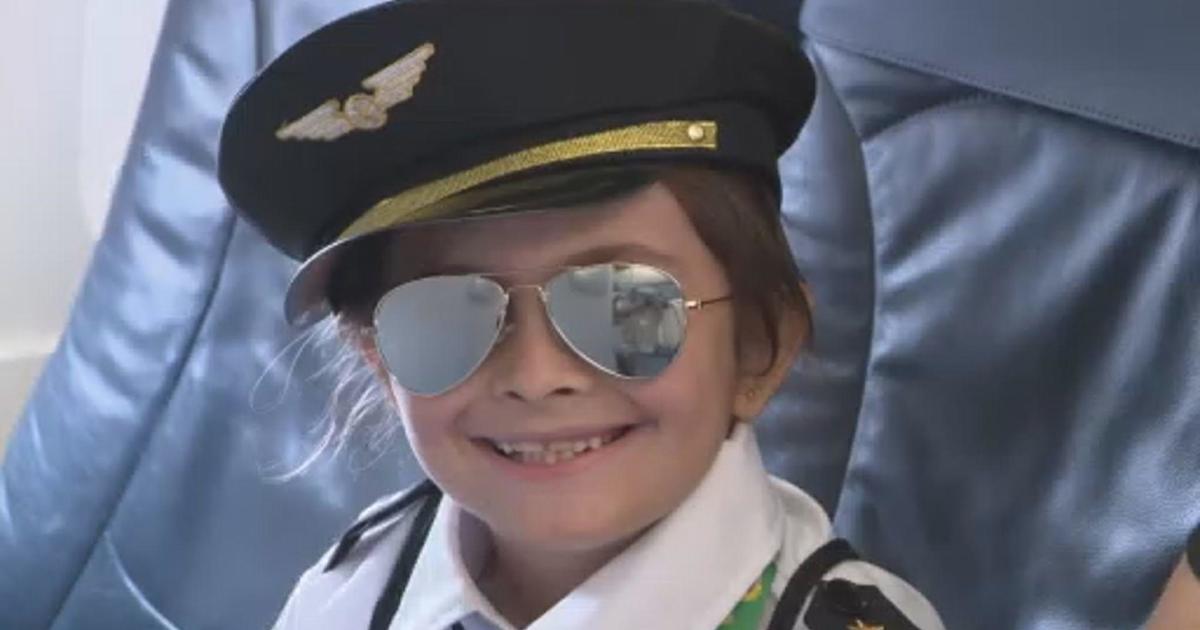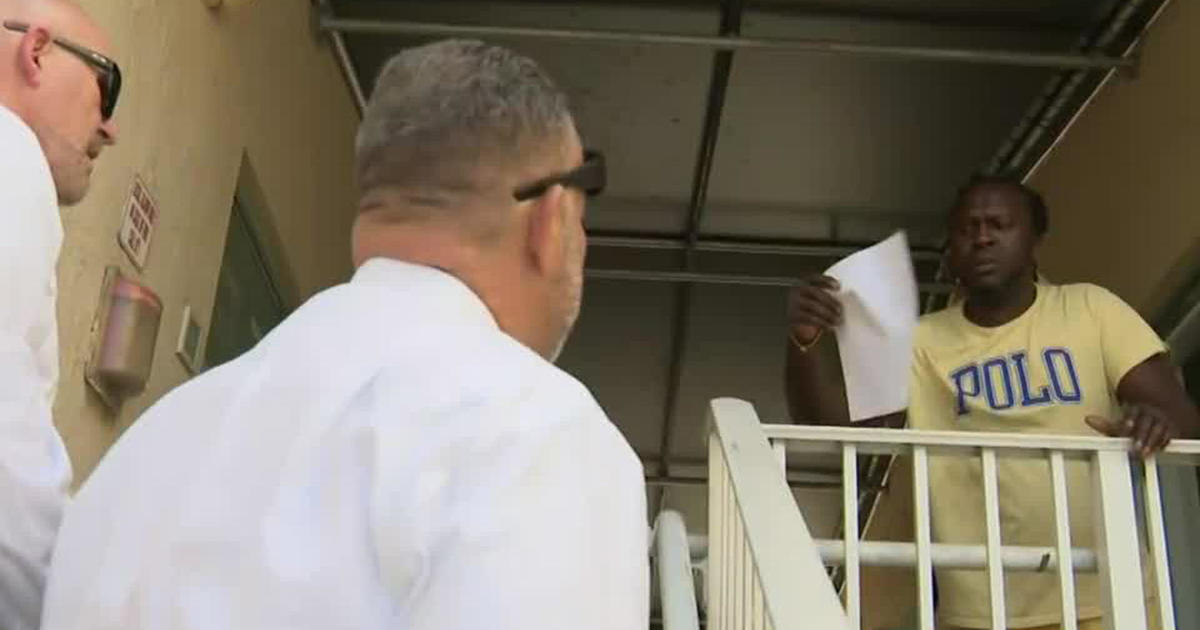A Cautious Optimism Prevails At Child Protection Summit
ORLANDO (CBSMiami/NSF) - New money, a new leader and a sweeping new law had Florida's child-welfare professionals and foster parents feeling cautiously optimistic at their annual gathering this week.
After nearly two years of turmoil, the 2,650 attendees at the Department of Children and Families' Child Protection Summit appeared ready to roll up their sleeves and get down to business.
"I think there's a better spirit of collaboration and cooperation," said Roy Miller, president of the Children's Campaign. "It doesn't make any of the daunting problems any easier to address, but I think there's a sense of 'let's do it together' that we haven't had in the last couple of years."
The department has been under near-constant fire since a wave of media reports about children who died from abuse or neglect. DCF officials spent the last legislative session on the hot seat as the Legislature passed a far-reaching reform measure (SB 1666) that went into effect on July 1. Since then, they've scrambled to implement a public website to track child fatalities.
But this year's summit was a "night-and-day" difference from recent years, said Shelley Katz, chief operating officer of the Children's Home Society of Florida.
And Page Walley, who oversees strategic consulting for the Casey Family Programs in Florida, said he was encouraged by the last year's developments. In July 2013, DCF asked the Casey organization to review 40 recent child deaths in the state, and the Legislature requested Casey's help in crafting the new law.
"From a national perspective, Florida really is doing much better than Floridians realize themselves," he said. "The commitment of the Legislature to provide greater policy and resource support for the department to do their work is very encouraging."
Rep. Gayle Harrell, a Stuart Republican who chairs the House committee that drafted the new law, said she was getting good feedback on it --- but also looking to tweak it in the next legislative session. That would include clarifying the role of child death review teams to avoid duplication with the rapid safety response teams created by this year's legislation, she said.
The rapid safety response teams are meant to attend to emergencies in child maltreatment cases, while the child death review teams are supposed to look at most child fatalities.
"I'm also very interested in substance abuse and mental health issues to make sure we have the services out there to help families and reunify them," Harrell said.
In addition to the new law, the Legislature allocated funds for nearly 200 new child protective investigators, who are expected to be in the field early next year. DCF Interim Secretary Mike Carroll said that will reduce the average number of cases handled at one time by each investigator to 10. He added that the turnover for child protective investigators had reached 50 percent in Miami-Dade County last year.
Attendees said Carroll --- a 21-year veteran of the department with an adopted son --- has proven that he understands the difficulties of their work.
"I've been impressed with the new secretary's compassion and knowledge of the child-welfare system," said Cindy Lederman, a dependency court judge in Miami-Dade's 11th Judicial Circuit.
However, she said, Miami-Dade is going through a "tumultuous time" due to a sharp increase in children coming into care and a lack of foster homes. Some kids were briefly placed in hotels. Lederman said she hoped Carroll would give more financial support to the case management agencies that find homes for children who have been taken from their families.
"Our caseload is up about 50 percent, and the case management agencies have no more money," Lederman said.
And Miller warned that there are still "simmering issues ... in terms of debates over group care and best practices, (and) where new dollars need to be invested. Those are the harder issues that we need to get to. But there's good dialog taking place here."
Workshops held by Florida Youth SHINE, an advocacy group for young adults who have been in foster care, were crowded. The organization held two panels called "The Good, the Bad and the Ugly" about life in group homes, describing the bullying, theft, lack of privacy and constant reminders of being different from other children that they encountered.
"(People) don't understand that we're in a group home because our families couldn't take care of us," said Janice Goldsberry. "They think we're bad kids."
They described having been unnecessarily medicated, arrested for fighting and watched by cameras. One said she'd been placed in the same group home with someone who had previously attacked her. Sometimes shift workers in the homes were kind, they said, but weren't allowed to help them with their homework.
"If I've never seen a parent, how am I going to be a parent someday?" asked Miranda Phillips.
This year's conference also focused on understanding more about the impact on child development of taking infants and toddlers from their homes and loved ones. Such national experts as Charlie Zeanah and Mary Dozier led half-day workshops on how children react emotionally to being abruptly separated from parents or caregivers.
Leon County dependency court Judge Karen Gievers, among the attendees at Dozier's workshop, was enthusiastic about the conference, but not too much.
"There are always tough times for child-welfare systems, and Florida is a large state," Gievers said. "It's not a great state to be a child in if you don't have perfect parents."
This report is by Margie Menzel with The News Service of Florida.
RELATED CONTENT:



